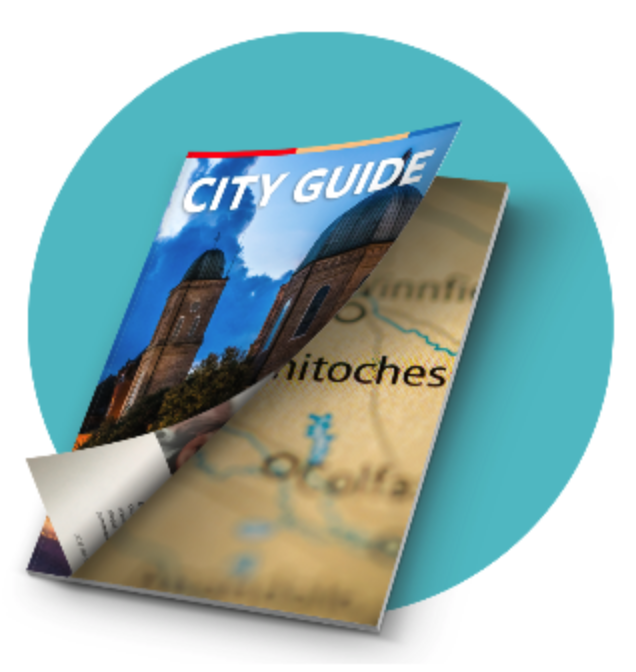
2019 Summer Institute in Educational Fundraising
Join us this summer to hit the books, review the basics and start on your path to success.
Benefits of Attending
The Summer Institute is a valuable investment in you and your organization. Through the institute you will have an opportunity to:
- Receive practical training in key concepts and review best practices for all sizes and types of institutions.
- Learn from experienced faculty who will broaden your perspective and sharpen your fundraising skills.
- Benefit from small-group interaction with your faculty and peers in elective sessions. You also will participate in Advisee Groups, led by the faculty, where you'll discuss topics in greater depth and exchange experiences and practical ideas.
- Receive valuable resource materials you'll use throughout your career.
- Enjoy special social events in the evenings—at no extra charge!
- Make valuable, life-long connections with your colleagues and faculty.
- Make the most of your training budget with a first-rate and value-added program.
Who Should Attend
- Professionals new to the field of educational fundraising
- Experienced professionals with new fundraising responsibilities
- Experienced fundraising professionals who are new to higher education
- Advancement leaders and anyone who wants to better understand fundraising fundamentals
Special Events

Sunday, July 21
7:30 PM
Lobster and Clambake
What would a road trip be without a little local flavor? On the first night of the Institute, you'll be treated to a traditional outdoor New England Clambake, featuring lobster and other selections.

Monday, July 22
6:00
Reception and Barbecue
A festive barbecue highlights the second night of the Institute. A DJ will provide entertainment.

Sunday, July 21
7:30 PM
Lobster and Clambake
What would a road trip be without a little local flavor? On the first night of the Institute, you'll be treated to a traditional outdoor New England Clambake, featuring lobster and other selections.

Monday, July 22
6:00
Reception and Barbecue
A festive barbecue highlights the second night of the Institute. A DJ will provide entertainment.

Sunday, July 21
7:30 PM
Lobster and Clambake
What would a road trip be without a little local flavor? On the first night of the Institute, you'll be treated to a traditional outdoor New England Clambake, featuring lobster and other selections.

Monday, July 22
6:00
Reception and Barbecue
A festive barbecue highlights the second night of the Institute. A DJ will provide entertainment.
Program
Register now to secure your Spot!
Early Bird*
$2,890, Member
$4,120, Nonmember
Regular Rates
$2,990, Member
$4,220, Nonmember
*Early bird ends June 4, 2019.
Registration is online only. CASE accepts payment by check or credit card for conference registration fees.
Meet Your Chair

Jim Husson
Jim Husson is the senior vice president for university advancement at Boston College, overseeing the university's development and alumni relations functions. He joined the development team in 2002 as the vice president for development and was promoted to his current position in June 2004. He and his colleagues spearheaded "Light the World," the university's 150th anniversary campaign, which concluded in 2016, having raised a record $1.6 billion in gifts from more than 140,000 alumni, parents and friends.
Husson has nearly 30 years of experience in educational advancement and has served as the vice president for development for Brown University and as the director of major gifts for Harvard's Faculty of Arts and Sciences. Early in his career, he worked for two private secondary schools, Northfield Mount Hermon School and Cushing Academy, and for the Harvard Graduate School of Design.
He first joined the SIEFR faculty in 2008 and also served CASE as chair of the CASE 40 Data Task Force.
Husson is a graduate of the University of Rochester and Northfield Mount Hermon School.
Lodging & Travel
The institute will be held at:
Dartmouth College
Hanover, NH 03755
603-646-1110
Dartmouth College is a private, four-year liberal arts institution that has been at the forefront of American higher education since 1769. A member of the Ivy League, Dartmouth is a superb undergraduate residential college with the intellectual character of a university, featuring thriving research and first-rate graduate and professional programs.








